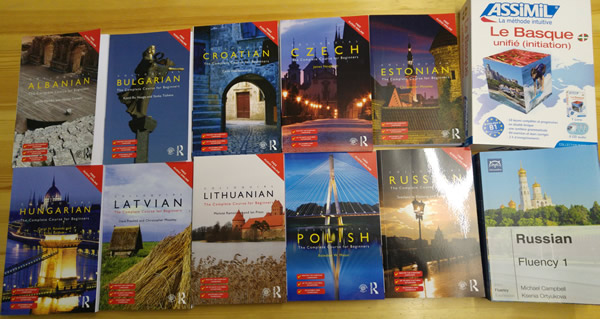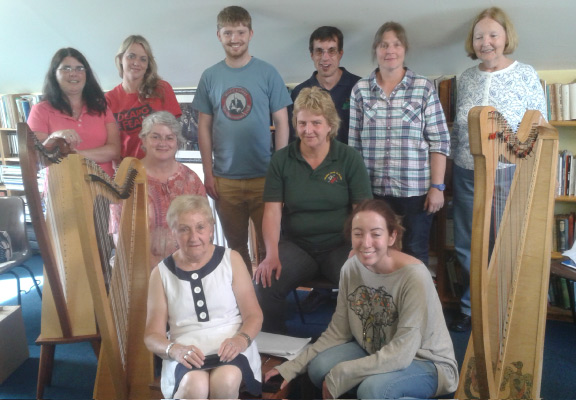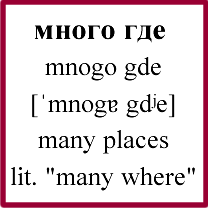In theatres in the UK the seats at ground level in front of the stage are usually known as stalls or orchestra stalls. If there are balconies above that level, the first balcony might be known as the dress circle, grand circle or balcony, the second as the upper circle, grand circle, first circle or circle, the third as the upper circle or gallery, and the fourth as the gallery. There may also be private boxes along the sides of the theatre. The exact terms vary from theatre to theatre.
In French the stalls are known as l’orchestre, les fauteuils d’orchestre or le parterre, the first level balcony might be le balcon, the second level balcony might be la galerie, and the third level might be le paradis (paradise) – ‘the gods’ is sometimes used for the highest level of balconies in English. Boxes are les loges.
A parterre in English is a “a formal garden constructed on a level surface, consisting of planting beds, typically in symmetrical patterns, separated and connected by gravel pathways.” [source]. Parterre can also refer to the ground level part of a theatre (stalls) and the audiences who congregate there. The word pit is also used [source]. The denizens of the pit or yard in Shakespeare’s Globe theatre were known as a groundlings, stinkards or penny-stinkers [source].
The French word parterre has also been borrowed into Russian as партер and is used to refer to the stalls in a theatre.
What terms are used in theatres you go to?


